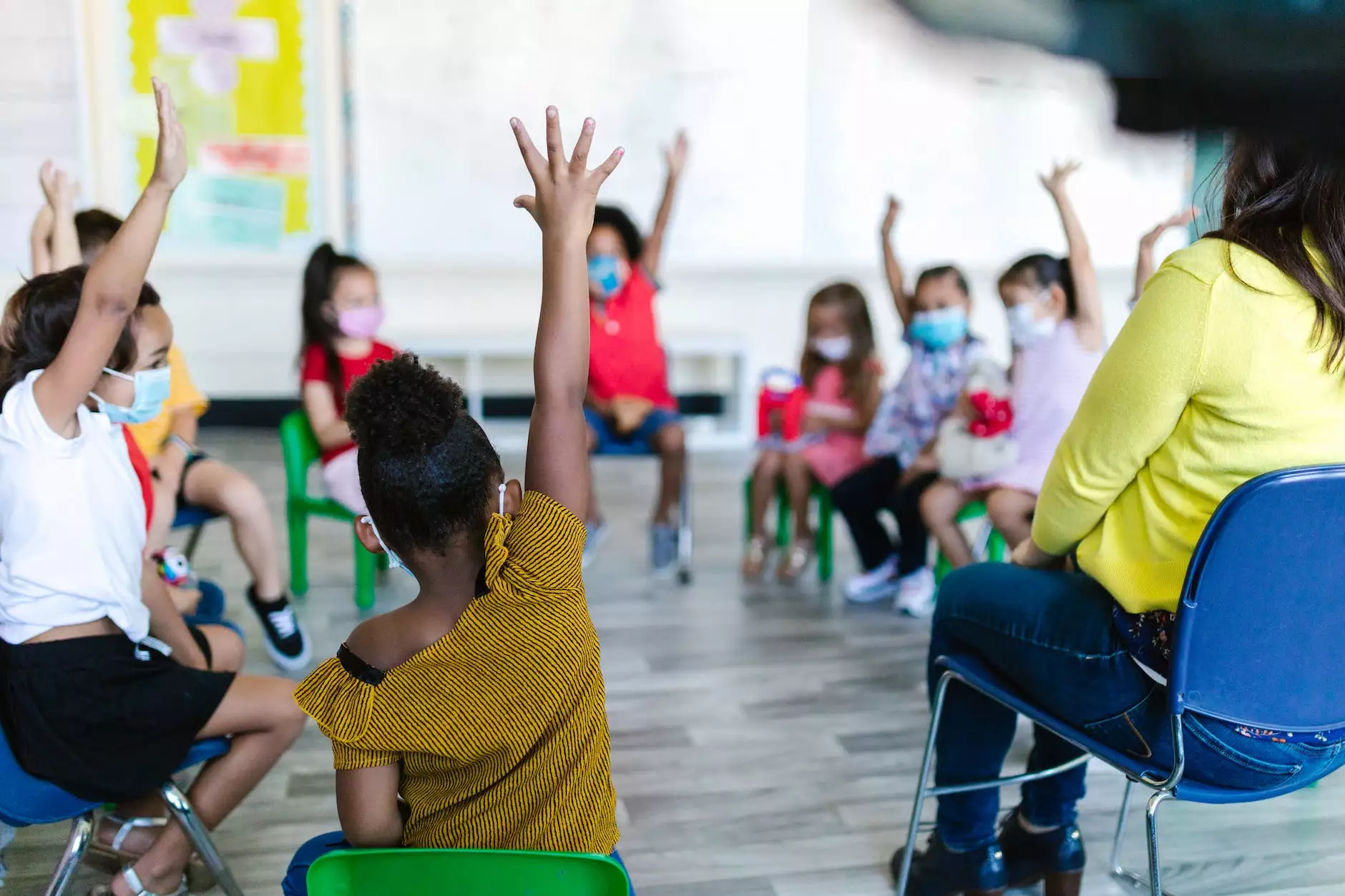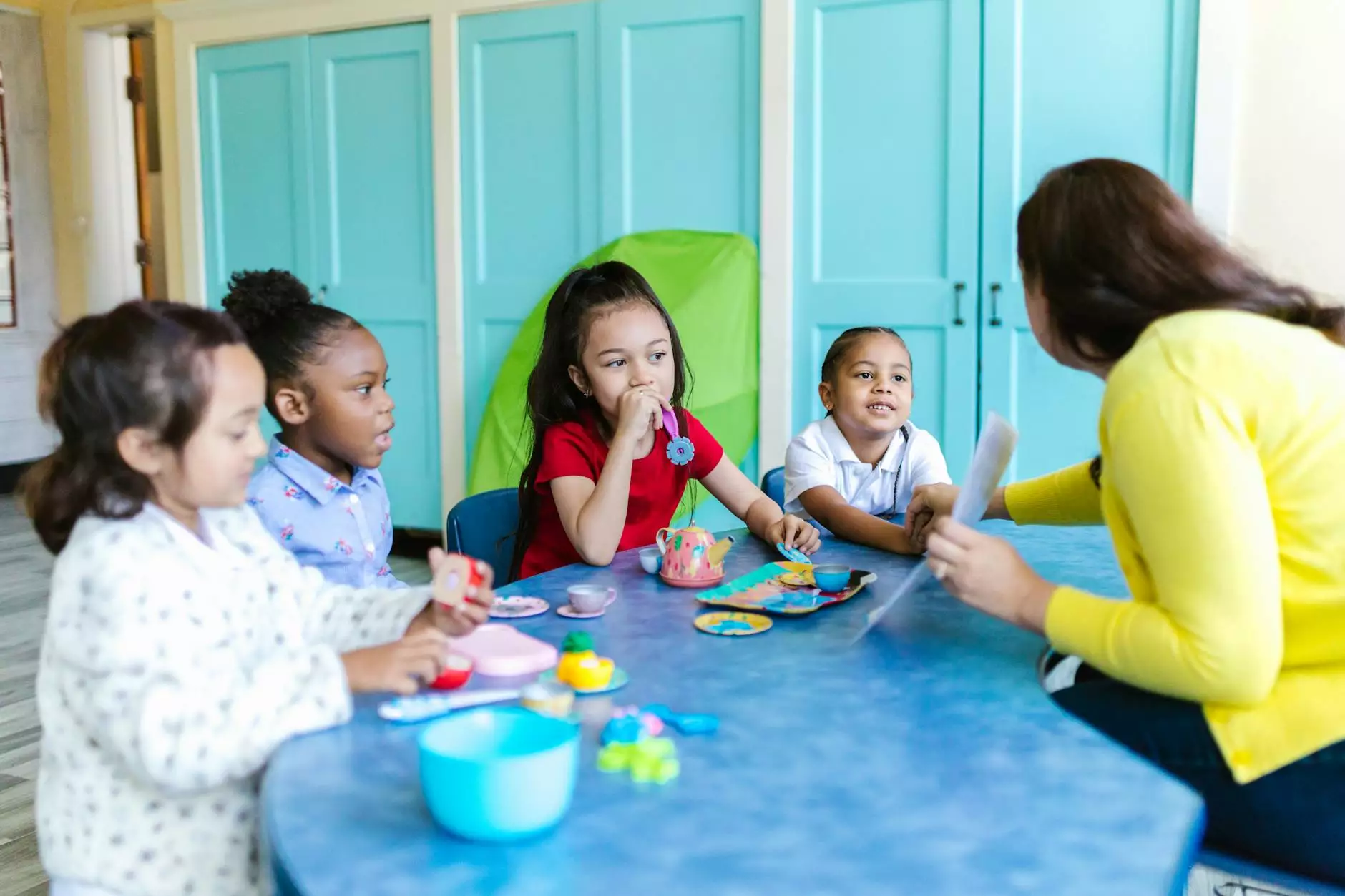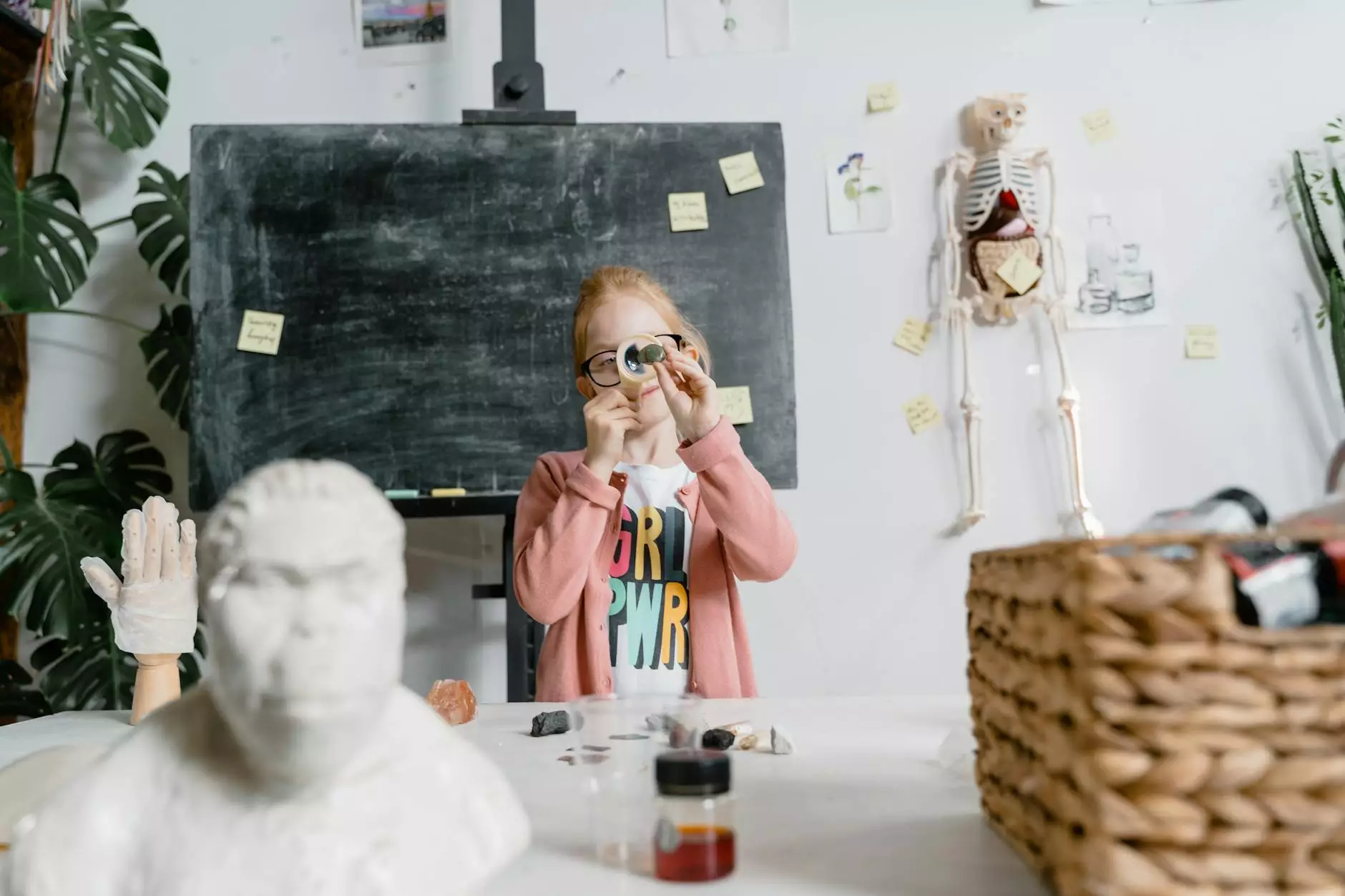Interests | Social Emotional Learning

Understanding Social Emotional Learning
Social Emotional Learning (SEL) has gained significant attention in recent years as it plays a crucial role in fostering healthy individuals and thriving communities. The Knowledge Nest is committed to exploring and promoting SEL's significance across various contexts, providing valuable insights into its benefits and effective implementation strategies.
The Importance of Social Emotional Learning
SEL goes beyond academic achievements, focusing on developing individuals' emotional intelligence, interpersonal skills, and overall well-being. By nurturing self-awareness, self-management, social awareness, relationship skills, and responsible decision-making, SEL equips individuals to navigate challenges effectively and establish meaningful connections with others.
Benefits of Social Emotional Learning
Social Emotional Learning encompasses a wide range of benefits that positively impact both individuals and communities. Research suggests that individuals who receive SEL education are more likely to experience improved academic performance, better mental health, reduced behavioral problems, and increased pro-social behavior.
Effective Strategies for Implementing Social Emotional Learning
Implementing SEL requires a thoughtful approach that integrates various strategies to create a nurturing environment. Here are some effective strategies for implementing SEL:
1. Incorporate SEL into Curriculum
Embedding SEL into the academic curriculum allows for continuous reinforcement of essential social and emotional skills. By integrating SEL into subjects such as language arts, history, and science, students can apply these skills in real-life contexts.
2. Foster Positive Relationships
Creating a supportive and inclusive community within educational settings is vital for SEL implementation. Encouraging positive relationships among students, teachers, and parents helps to develop a sense of belonging, empathy, and respect.
3. Provide Professional Development for Educators
Equipping educators with the knowledge and skills to effectively deliver SEL instruction enhances its impact. Professional development programs focused on SEL enable educators to create a safe and engaging learning environment while supporting students' social and emotional development.
4. Involve Family and Community
Collaboration between schools, families, and communities strengthens the implementation of SEL. Engaging parents and the wider community in SEL initiatives encourages consistent support at home, promotes awareness, and reinforces SEL skills beyond the classroom.
5. Assess and Monitor Progress
Regular assessment and monitoring of students' social and emotional competencies facilitate targeted interventions, ensuring continuous growth. Utilizing a range of evaluation methods, such as self-assessment, teacher evaluations, and student observation, provides valuable insights into areas for improvement.
The Role of Social Emotional Learning in Community and Society
Social Emotional Learning has a profound impact on both the individual and society as a whole. By equipping individuals with essential skills, SEL fosters positive relationships, empathy, and responsible decision-making, thus contributing to the well-being and cohesiveness of communities.
The Knowledge Nest recognizes the broader societal benefits of SEL and actively promotes its integration into community programs, organizations, and policy frameworks. By prioritizing social emotional learning, communities can strengthen resilience, reduce conflict, and create inclusive environments that value the well-being of all individuals.
In Conclusion
Interests | Social Emotional Learning page on The Knowledge Nest website provides comprehensive information on the importance of social emotional learning, its benefits, and effective strategies for implementation. By prioritizing SEL within educational settings and beyond, we can empower individuals with the necessary skills to thrive personally and contribute positively to their communities and society at large. Join us on this journey towards a more compassionate and resilient world.










